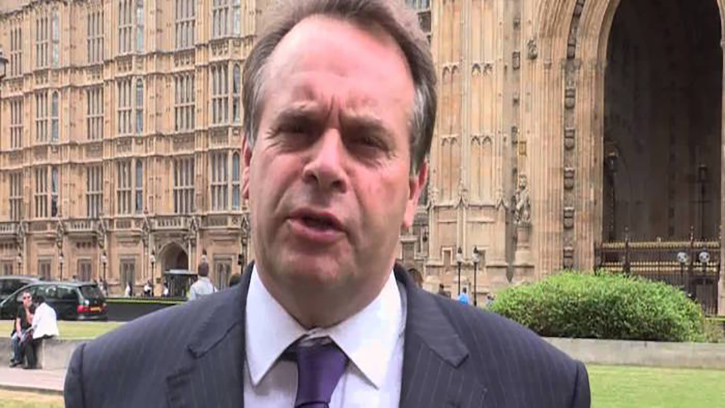The chair of the Environment, Farming and Rural Affairs Committee, Neil Parish MP, has asked the Prime Minister to lead urgent action on visas for foreign workers in the farming and food production sector to counter labour shortages.
Mr Parish wrote to the Prime Minister following a meeting of the Committee this week with representatives of the sector. The representatives said a combination of the pandemic and reduced access to European labour had left some “frightened” about their future.
The letter, copied to senior ministers, welcomed steps government had already taken to grant additional visas to HGV drivers, poultry workers and pork butchers. But it said further, immediate action was needed.
This included:
- Fast tracking of visas already granted. It takes at least six weeks to process these visas, with some workers potentially not arriving until after 20 November – this is too slow, representatives of the sector said;
- Relaxing English language requirements for these visas. The Committee agrees that a certain language standard was required but said the bar had been set too high;
- Extending the length of poultry visas. These are currently set to last until December 31, if workers arrive now. But an eight-week visa is not attractive to most applicants. The Committee called for these visas to be extended to the end of February 2022; and
- Preparing a support package for the sector in case a mass farm animal cull is required because of supply bottlenecks. The Committee heard that 8,000 pigs had already been culled on welfare grounds. The Committee said it hoped no cull would be necessary but called for a financial package and mental health support to cope with the extreme distress a cull would cause farmers and others involved.
The letter signed by Neil Parish MP said longer-term solutions to the labour shortages were also required if domestic growers of fruit, vegetables and ornamental crops such as daffodils were to meet domestic demand.
Mr Parish said it was clear the sector understood the need to use domestic workers and to invest in necessary technology. However, he said such solutions could not be delivered overnight.


